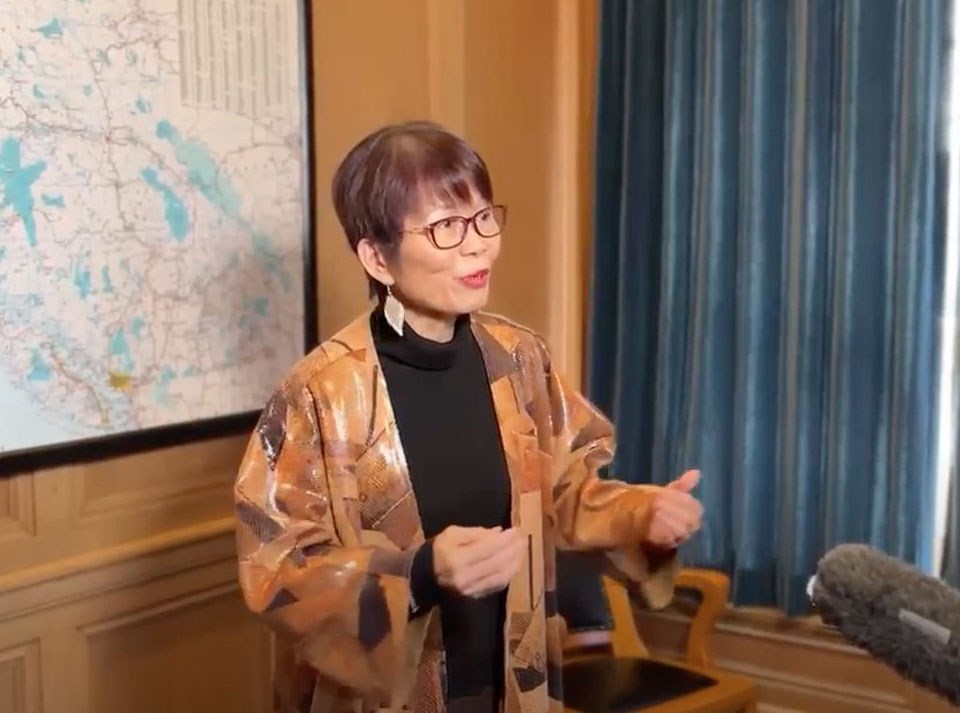One BC Liberal MLA claims she used the "wrong" words to Chinese-language media when she said she opposed safe-injection sites.
Richmond Centre MLA Teresa Wat told Phoenix TV last week, in Chinese, “we’re opposed to so-called safe-injection sites.”
But when asked by reporters this week, she said she “used the wrong choice of words and misrepresented our position.”
She added she had wanted to tell Chinese media “all drugs are harmful” and that’s why services and support are needed.
Furthermore, harm reduction, including safe-injection sites, is just one part of the “four pillars” of tackling addiction, she said, adding she thinks there should be more focus on recovery and treatment.
Richmond NDP MLA Henry Yao pointed out on Twitter the fact Wat had said this to Chinese-language media but gave a different message to English media.
The leader of the opposition, Kevin Falcon, has said he supports safe-injection sites, safe supply and decriminalization, Yao noted in his tweet.
“Why are the BC Liberals saying opposite things in different languages?” Yao asked on Twitter.
When Wat was asked about decriminalization, she repeated the same message, that it’s just part of the overall policy to treat drug addiction and mental health.
In January, B.C. was allowed an exemption from the federal government whereby anyone caught with up to 2.5 grams of illicit drugs wouldn’t be prosecuted.
Wat said she’s been speaking to community members about the decriminalization of drugs.
“They are all not very pleased with decriminalization without a greater focus on treatment and recovery,” Wat said.
The BC Liberals have recently said they would invest $1.5 billion in addictions treatment over three years, if elected to office.
This would include $995 million in treatment and recovery options, including $350 million for complex mental-health support, $100 million for homelessness and $525 million in capital funding.
- With files from Victoria Times-Colonist



